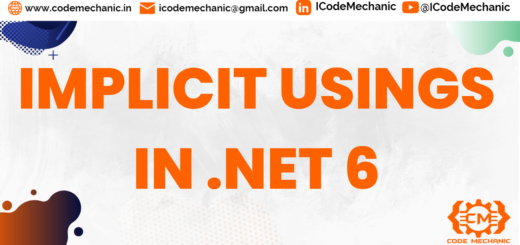Understanding the Type System in C#
C# is a statically-typed language, meaning the type of a variable is known at compile time. This feature helps catch errors early in the development process. C# supports a wide range of types, including primitive types, reference types, value types, and user-defined types.
Connect with Me https://linktr.ee/ICodeMechanic
Importance of Type Systems in Programming
The type system of a programming language is crucial because it defines how data is handled and ensures the correctness of the operations performed on that data. A robust type system can prevent many types of errors, making your code more reliable and easier to maintain.
Primitive Types
C# includes several built-in types known as primitive types. These include:
- Integer Types:
int,long,short,byte - Floating-Point Types:
float,double - Boolean Type:
bool - Character Type:
char
Example: Basic Arithmetic Operations
int a = 5;
int b = 10;
int sum = a + b;
Console.WriteLine("Sum: " + sum);
float x = 5.5f;
float y = 10.1f;
float result = x + y;
Console.WriteLine("Result: " + result);
Reference Types
Reference types store references to the actual data. These include:
- Strings: Immutable sequences of characters.
- Arrays: Collections of elements of the same type.
- Classes: Blueprints for creating objects.
Example: Working with Arrays and Strings
string message = "Hello, World!";
char firstCharacter = message[0];
Console.WriteLine("First Character: " + firstCharacter);
int[] numbers = { 1, 2, 3, 4, 5 };
Console.WriteLine("First Number: " + numbers[0]);
Value Types
Value types hold their data directly. These include:
- Structs: Custom data structures.
- Enumerations: Named constants.
Example: Defining and Using Structs
struct Point
{
public int X;
public int Y;
}
Point point = new Point();
point.X = 10;
point.Y = 20;
Console.WriteLine($"Point: ({point.X}, {point.Y})");
Nullable Types
Nullable types allow value types to represent null values. They are declared using ?.
Example: Nullable Integers and Conditional Operations
int? nullableInt = null;
if (nullableInt.HasValue)
{
Console.WriteLine("Value: " + nullableInt.Value);
}
else
{
Console.WriteLine("No Value");
}
Type Inference
Type inference allows the compiler to deduce the type of a variable from its initializer using the var keyword.
Example: Type Inference in Action
var message = "Hello, C#";
var number = 42;
Console.WriteLine("Message: " + message);
Console.WriteLine("Number: " + number);
Custom Types
You can define your own types using classes and structs to model real-world entities.
Example: Creating a Custom Class for a Real-World Scenario
class Person
{
public string Name { get; set; }
public int Age { get; set; }
}
Person person = new Person();
person.Name = "John Doe";
person.Age = 30;
Console.WriteLine($"Name: {person.Name}, Age: {person.Age}");
Type Conversion
C# supports both implicit and explicit type conversions.
Example: Safe Type Casting
object obj = "Hello, World!";
if (obj is string str)
{
Console.WriteLine("String: " + str);
}
int? nullableInt = obj as int?;
if (nullableInt != null)
{
Console.WriteLine("Nullable Int: " + nullableInt);
}
Advanced Topics
Generic Types
Generics provide a way to define classes and methods with a placeholder for the type.
Example: Generic Methods and Classes
public class GenericList<T>
{
private List<T> items = new List<T>();
public void Add(T item)
{
items.Add(item);
}
public T Get(int index)
{
return items[index];
}
}
GenericList<int> intList = new GenericList<int>();
intList.Add(1);
Console.WriteLine("First Item: " + intList.Get(0));
Dynamic Types
Dynamic types are resolved at runtime, providing flexibility in scenarios where the type is not known at compile time.
Example: Dynamic Programming
dynamic dynamicVariable = 1;
Console.WriteLine("Type: " + dynamicVariable.GetType());
dynamicVariable = "Hello";
Console.WriteLine("Type: " + dynamicVariable.GetType());
Conclusion
Understanding the type system in C# is fundamental to becoming a proficient developer. By mastering how to use different types effectively, you can write more reliable, efficient, and maintainable code. Continue exploring the C# type system to deepen your knowledge and improve your coding skills.
Connect with Me https://linktr.ee/ICodeMechanic




